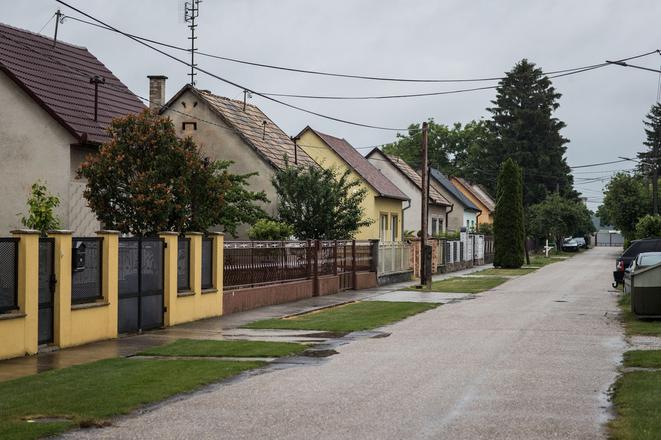Smaller villages and municipalities in Slovakia should merge to cut costs and produce better quality services, experts on local government financing have said.
With cities, towns and villages across the country already beginning to feel the effects of the coronavirus crisis on their budgets, some local governments say they are struggling to meet their usual expenses.
Municipalities in Slovakia receive much of their funding from the state, which distributes money raised in national taxes to individual municipalities based on their number of inhabitants, although local authorities can raise money from other local charges and sales or rent of land within their administration.
The Covid-19 pandemic and the subsequent shutdown of large parts of the economy for months has left a shortfall in state tax revenues which is feeding through into budget shortages at municipal government level.
This is causing a particular problem for smaller towns and villages which rely heavily on their share of state funding and which, under Slovak law, must provide the same services for their inhabitants even though they may be ten or twenty times smaller than a major city.

Ivona Patrášová, Mayor of Povrazník (population 136) in the Banská Bystrica region, told Slovak media this month that the village should receive €3,000 per month as their share of state taxes, which covers its expenses. This has fallen to around 1,700 euros.
“This leaves us with problems,” she told the public service television RTVS.
Model was already under question
Experts say that the current situation has highlighted what was already a problem with the municipal financing model long before the coronavirus crisis.



 Illustrative stock photo (source: Sme)
Illustrative stock photo (source: Sme)